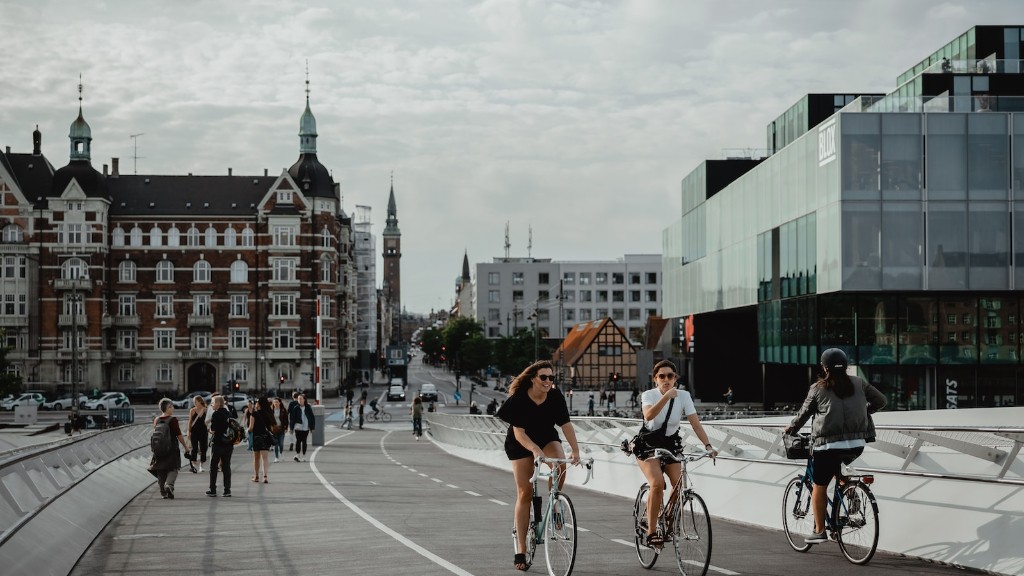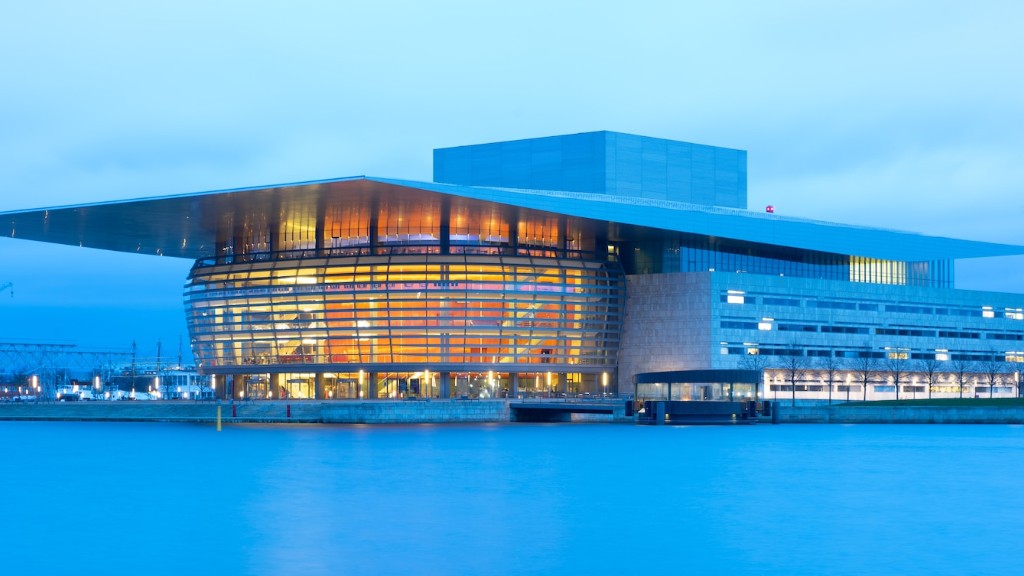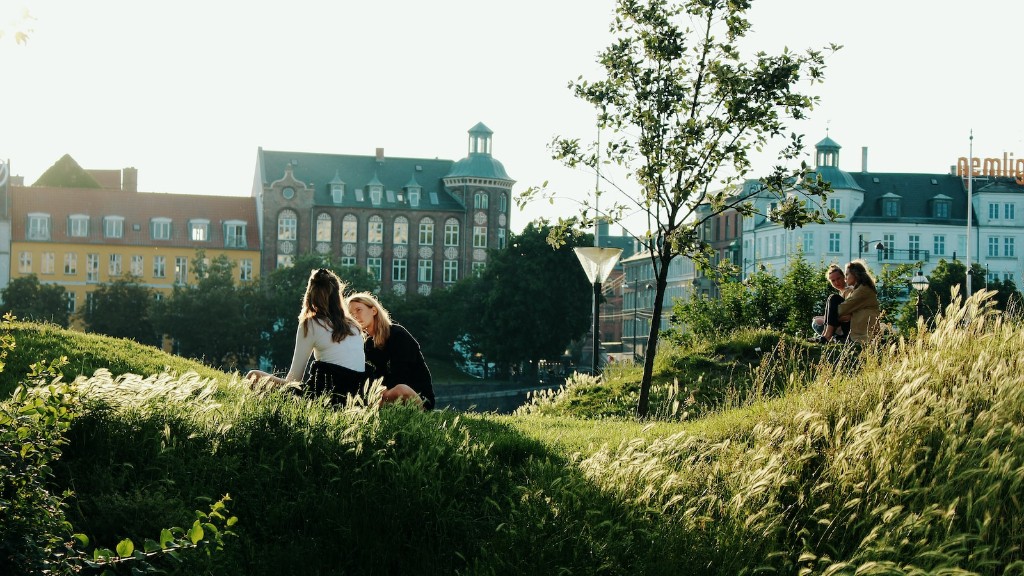Is Denmark a Country?
Denmark, officially known as the Kingdom of Denmark, is a Nordic country located in Northern Europe. It is the southernmost of the Scandinavian countries and consists of the Jutland Peninsula and over 400 islands, with Zealand being the largest one. Denmark shares its borders with Germany to the south and is surrounded by the North Sea and the Baltic Sea.
As a sovereign state, Denmark has been recognized as an independent country for centuries. It has a rich history that dates back to the Viking Age and has evolved into a modern and prosperous nation. The country has a parliamentary democracy with a constitutional monarchy, where the monarch acts as the head of state while the Prime Minister serves as the head of government.
Denmark is renowned for its high standard of living, excellent healthcare and education systems, and strong social welfare programs. The nation consistently ranks among the top countries in various quality of life indexes. It has a well-developed economy that relies heavily on services, industry, and international trade, with key sectors including manufacturing, pharmaceuticals, renewable energy, and agriculture.
One of the most distinctive aspects of Denmark is its unique governance structure. The country is comprised of self-governing territories, including Greenland and the Faroe Islands, which have their own legislative and executive powers. While Denmark proper refers to the mainland, Greenland and the Faroe Islands have their own cultural identities and enjoy a considerable degree of autonomy within the Kingdom.
The question of whether Denmark is a country may arise due to the autonomous status of Greenland and the Faroe Islands. However, the Kingdom of Denmark is recognized as a sovereign state by the international community and is a member of prominent international organizations such as the United Nations and the European Union (EU).
Experts argue that Denmark should be regarded as a clear-cut country due to its well-established nationhood, political autonomy, and international recognition. The distinct cultural identities of Greenland and the Faroe Islands do not undermine Denmark’s status as a country but rather reflect its commitment to decentralization and regional self-governance.
In conclusion, Denmark is indeed a country that has enjoyed a long and rich history. Its well-functioning governance structure, high living standards, and active participation in global affairs underscore its status as an independent nation. The autonomous territories within the Kingdom only serve to enhance the diversity and inclusiveness of the Danish nation as a whole.
Geographical Features of Denmark
Denmark is a country characterized by diverse geographical features:
- The Jutland Peninsula is the main body of land, extending north into the North Sea.
- Z ealand, also known as Sjælland, is the largest Danish island and is where the capital city, Copenhagen, is located.
- Denmark consists of over 400 islands, with prominent ones including Funen, Lolland, Falster, and Bornholm.
These geographical features contribute to Denmark’s natural beauty, provide opportunities for recreational activities, and impact the nation’s climate patterns.
The Danish Welfare Model
The Danish welfare model is renowned for its comprehensive social welfare system, which includes:
- Universal healthcare, ensuring equal access to medical services for all residents.
- High-quality education, with free primary and secondary education as well as affordable tertiary education.
- Generous unemployment benefits and social assistance programs to support individuals during difficult times.
- A strong focus on work-life balance, including generous maternity/paternity leave and a shorter working week.
This welfare model aims to reduce social inequality, provide a safety net for citizens, and promote a sense of social cohesion.
Greenland: A Unique Autonomous Territory
Greenland, located in the Arctic, is the largest island in the world and an autonomous territory within the Kingdom of Denmark. Key features include:
- Home to a predominantly Inuit population.
- Rich in natural resources, including minerals, oil, and gas.
- Distinct cultural practices and traditions, including dog sledding and hunting.
- A focus on sustainable development and self-governance.
The autonomous status of Greenland allows its population to govern and shape their own future, while still benefiting from the support and security provided by being part of the Kingdom of Denmark.
The Faroe Islands: Autonomy and Identity
The Faroe Islands, located between the Norwegian Sea and the North Atlantic Ocean, are also an autonomous territory within the Kingdom of Denmark. Notable features of the Faroe Islands include:
- A rugged and picturesque landscape, attracting nature enthusiasts and outdoor adventurers.
- A strong fishing industry that forms the backbone of the island’s economy.
- An opportunity for the Faroese people to preserve their unique language and cultural heritage.
- An independent representation in various international organizations.
The Faroe Islands’ autonomy allows its population to preserve and promote their distinct cultural identity while benefiting from the support and security provided by the Kingdom of Denmark.




